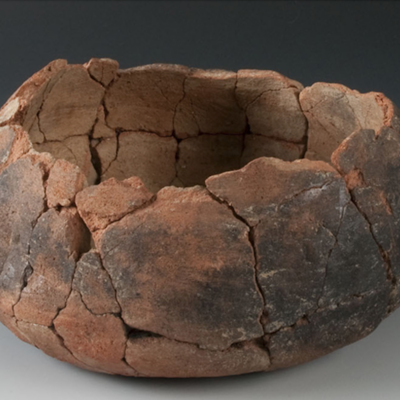stage
Satire, it’s said, is a pretty mocking of life. And satire is exactly the word to describe The Book of Liz, a play penned by the famed brother-sister duo of David and Amy Sedaris. There’s little else you could call theater that puts on the same stage an Amish-like religious sect, a Colonial-themed chain restaurant staffed by recovering alcoholics, and Ukrainian immigrants trained by a chimney sweep to speak Cockney English.
Au contraire, say the Barboursville-based Four County Players, whose production of The Book of Liz runs through the end of May. It can also be called a modern morality play.
I’m skeptical.
The Book of Liz tells the story of Sister Elizabeth Donderstock, an independent woman living in an isolated religious commune, the kind of place where independent women feel least at home. Frustrated, Liz does what any sensible person in her position would do—she runs away. On the outside, she befriends a variety of stereotypical oddballs, all of whom feel surprisingly palpable and force us to question how we perceive others. While it never strays far from the hilariously preposterous, the play’s over-the-top typecasting ironically, but aptly, weds absurd humor with meaningful social critique. However, as scripted, The Book of Liz resists the temptation to moralize.
So how do the Four County Players find a contemporary Everyman tale in Liz? According to the director’s note, the production is a warning to beware “a new kind of alienation,” brought on by the vices of the modern world (those same vices, it should be noted, on which both Sedarises have predicated their careers). While noble, this position is problematic. Crucial satirical moments are lost in a haze of imposed moral profundity, obscuring much of the inbuilt social commentary.
Misinterpretation aside, the Four County Players staging of The Book of Liz was a positive community theater experience. Laughs were plentiful; the book-shaped backdrop lent the play an aesthetic touch; smartly chosen musical interludes—ranging from rock to stripped-down folk music— picked up the slack between scenes. All in all, it’s worth the pastoral drive from Charlottesville. Just don’t expect full-on Sedaris satire: Onstage in Barboursville, there’s too much pretty and too little mocking.





